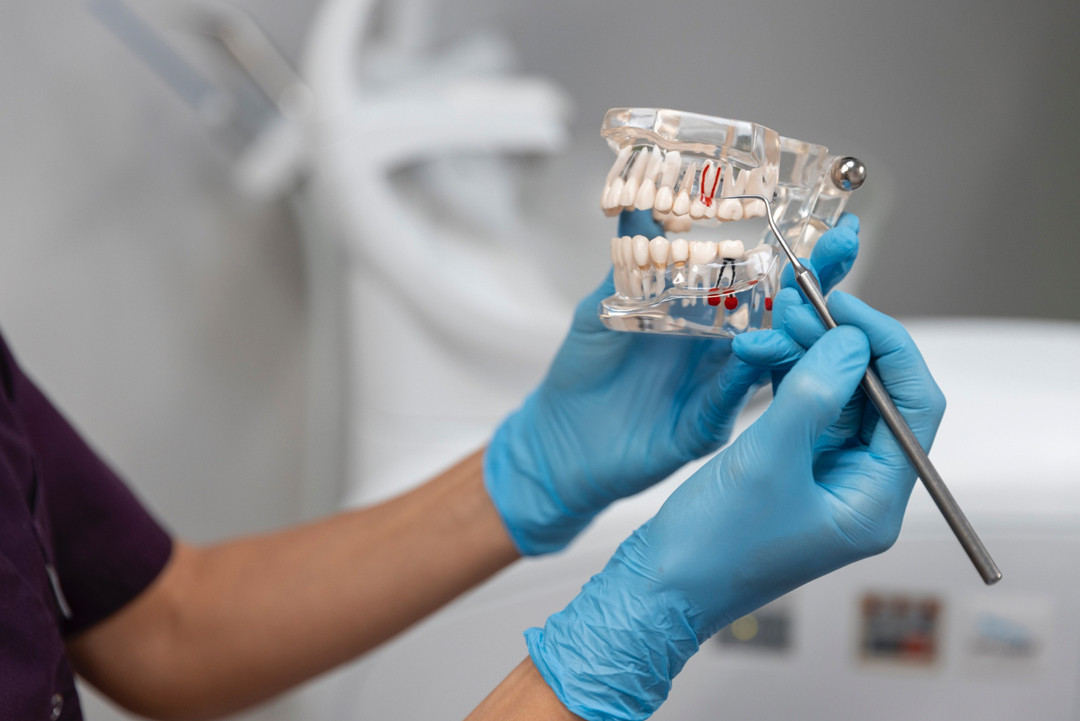What Is Pediatric Surgery?
Pediatric surgery focuses on diagnosing and treating surgical conditions in children from birth to adolescence. Pediatric surgeons specialize in addressing congenital anomalies, developmental conditions, and acquired diseases requiring surgical intervention. This field emphasizes tailored approaches that consider children’s unique physical and emotional needs.
Diagnostic Methods in Pediatric Surgery
Accurate diagnosis is critical for effective surgical planning. Pediatric surgeons utilize various diagnostic methods:
- Radiological Imaging:
- Ultrasound
- MRI (Magnetic Resonance Imaging)
- CT Scans (Computed Tomography)
- X-Rays
- Exploratory Procedures:
- Laparoscopy: Minimally invasive examination of the abdominal cavity.
- Bronchoscopy: Visual examination of the respiratory tract.
- Cystoscopy: Examination of the urethra and bladder.
- Endoscopy: Visualization of the gastrointestinal tract.
- Biopsy: Tissue sampling for pathological evaluation.
Conditions Treated in Pediatric Surgery
Pediatric surgery addresses a wide range of conditions, including:
Digestive System Disorders
- Appendectomy: Removal of an infected appendix.
- Stomach Hernia: Repair of weakened stomach muscles.
- Inguinal Hernia: Treatment for intestines protruding through the groin.
- Umbilical Hernia: Correction of abdominal wall protrusions near the navel.
Head and Neck Disorders
- Neck Cysts: Removal of congenital cysts to prevent infection or malignancy.
- Head and Neck Masses: Surgical removal of benign or malignant tumors for diagnosis and treatment.
Neonatal Surgical Conditions
- Anorectal Malformations: Correction of developmental issues in the intestines, rectum, and urinary/genital systems.
- Cloacal and Bladder Exstrophy: Surgical intervention for abdominal wall defects.
- Congenital Diaphragmatic Hernia (CDH): Repair of diaphragm development issues.
- Jejunoileal Atresia: Treatment for underdeveloped small intestines.
Treatment Methods in Pediatric Surgery
Pediatric surgeons employ various techniques tailored to minimize physical and emotional impact:
- Minimally Invasive Surgery (MIS):
- Small incisions (2–5 cm).
- Reduced pain and faster recovery.
- Invasive Surgery:
- Larger incisions for complex cases.
- Requires longer recovery periods.
- Laparoscopy:
- Used for abdominal organ treatments via a tube with a camera and light.
- Endoscopy:
- Ideal for gastrointestinal conditions and foreign body removal.
- Specialized Techniques for Neonatal Care:
- Focused on conditions present at birth, ensuring seamless integration with postnatal care.
Why Pediatric Surgery?
Children’s unique anatomy and psychological needs necessitate specialized surgical care. Pediatric surgeons not only perform procedures but also collaborate with families to ensure comprehensive post-operative care and long-term development.
By choosing expert pediatric surgical care, you ensure your child receives optimal treatment in a supportive and child-friendly environment.


















